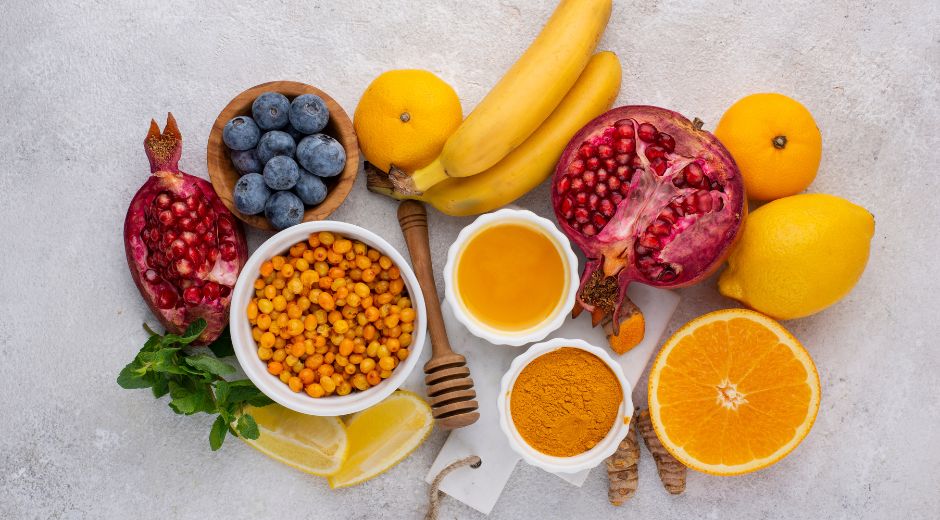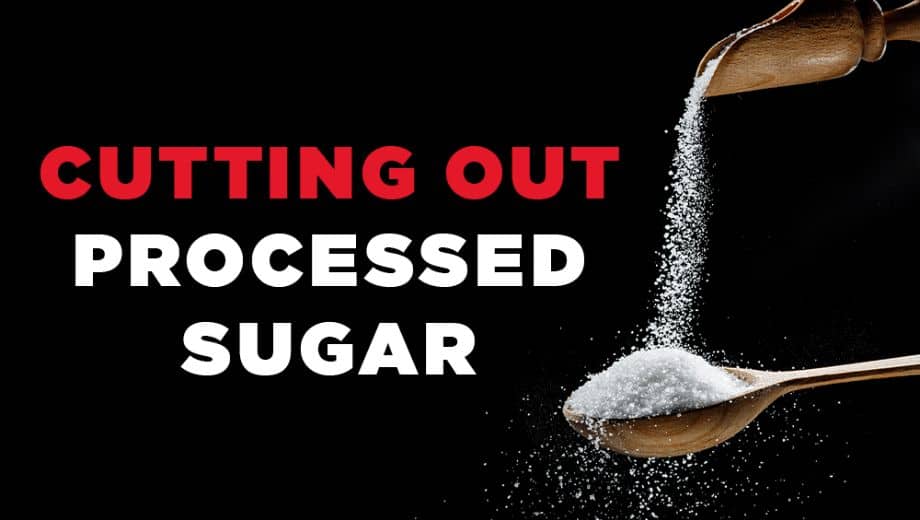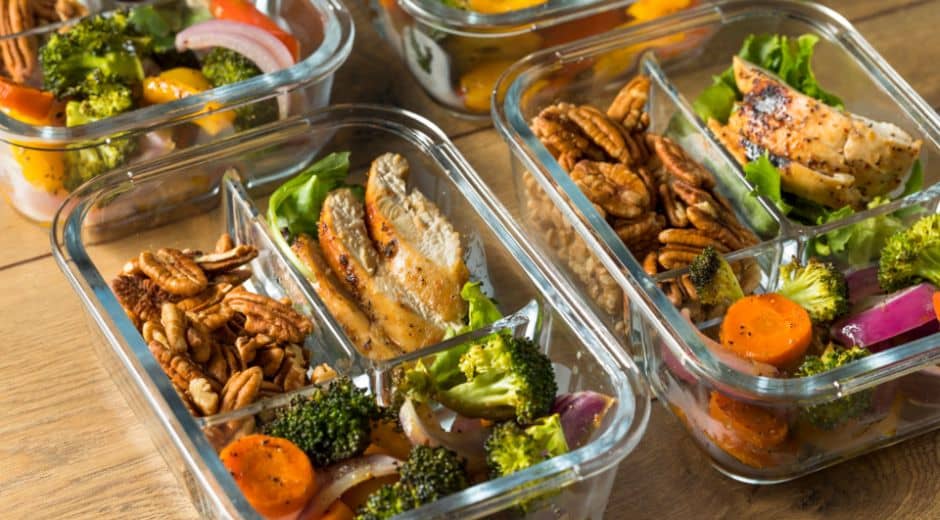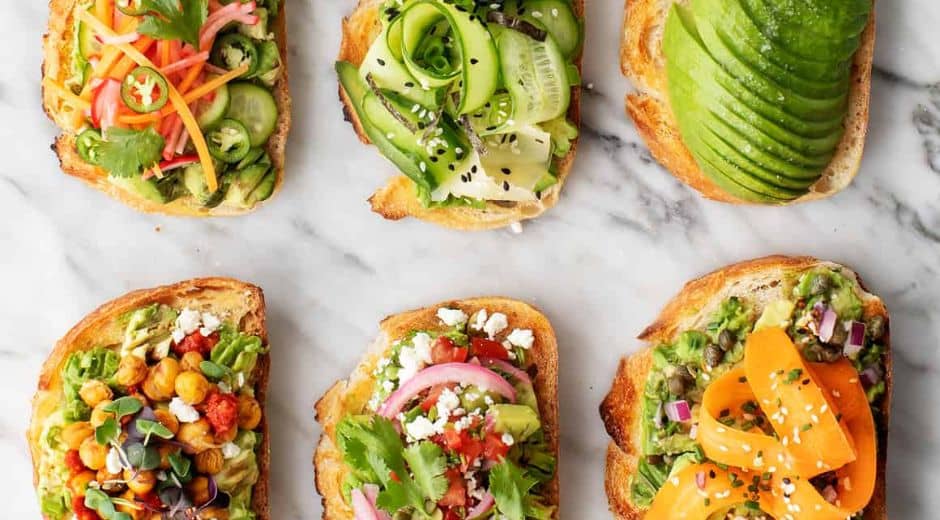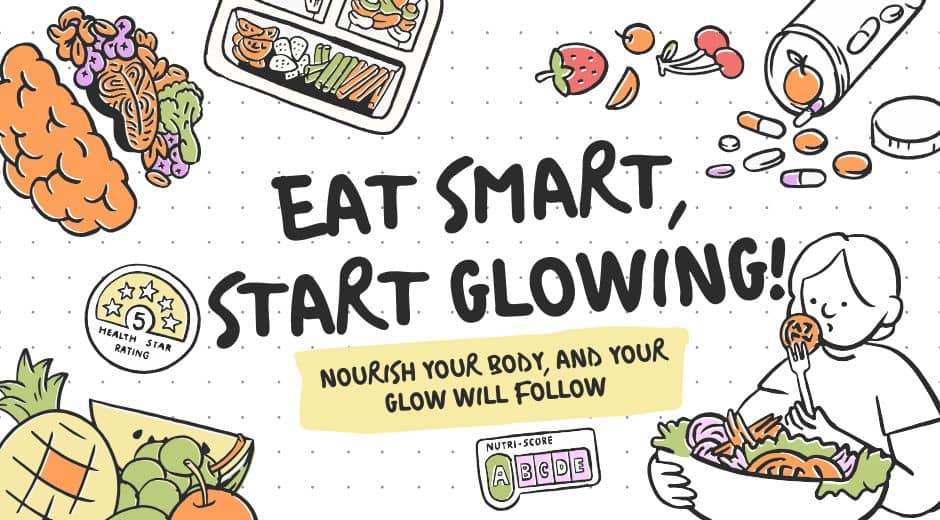The Power of Antioxidants: Defending Your Body from Within
Nutrition is a constantly shifting landscape. Trends rise and fall, new diets appear every year, and marketing often overshadows science. Yet among all the nutritional concepts that circulate, antioxidants remain one of the most consistently proven and scientifically trusted pillars of wellbeing. They are the quiet defenders that work inside your body every moment, helping protect you from the effects of stress, pollution, and everyday wear.
Antioxidants are natural compounds found in foods that protect your cells from oxidative damage. This form of cellular stress happens when harmful molecules, known as free radicals, build up in the body. While free radicals are a natural result of metabolism and physical activity, too many of them can weaken your immune system, speed up aging, and increase the risk of chronic disease.
Antioxidants act like shields. They neutralize free radicals and support your body’s natural defenses. Through the right foods and daily habits, you can strengthen your antioxidant levels and create an internal environment that supports longevity, energy, and health.
Understanding What Antioxidants Do
Antioxidants prevent or slow down the oxidation of molecules in the body. Oxidation is a chemical reaction that produces free radicals, which can damage cells and contribute to inflammation. When free radicals outnumber antioxidants, oxidative stress occurs. This imbalance can impact everything from skin health to cardiovascular function.
Some of the most well-known antioxidants include vitamin C, vitamin E, beta carotene, selenium, flavonoids, and polyphenols. Each antioxidant has its own role. Some protect cell membranes, some support immune function, and others fight inflammation or assist with detoxification.
The body naturally produces antioxidants, but this production declines with age, stress, poor diet, lack of sleep, and exposure to environmental toxins. This makes antioxidant-rich foods essential for maintaining wellness.
According to Mayo Clinic, antioxidants help protect against heart disease, certain cancers, and cognitive decline. Their benefits extend across the entire body, influencing both physical and mental health.
Why Antioxidants Matter More Than Ever
We live in an environment that exposes us to more oxidative stressors than previous generations. Air pollution, processed foods, pesticides, chronic stress, intense training, and even screen exposure contribute to free radical formation.
Antioxidants strengthen resilience. They support the immune system, improve energy levels, and promote healthy aging. When your body has enough antioxidants, it stays balanced and better prepared to handle stress.
Antioxidants are especially valuable for people who exercise regularly. Physical activity increases oxygen use, which can temporarily raise free radical levels. Antioxidant-rich foods help athletes recover, reduce inflammation, and protect muscle tissues.
At BodyWellnessGroup.com, we highlight antioxidants as a cornerstone of long-term nutrition. They help keep the body in harmony at the cellular level, creating a foundation for sustained vitality.
Types of Antioxidants and Their Functions
Antioxidants come from a wide variety of foods. Understanding their categories can help you choose a diverse diet that supports your health goals.
1. Vitamins
Vitamin C, vitamin E, and vitamin A are powerful antioxidants that protect cells from oxidative damage.
2. Minerals
Selenium and zinc help neutralize free radicals and support immune function.
3. Phytochemicals
Compounds found in plants, such as flavonoids, polyphenols, and carotenoids, provide strong antioxidant protection.
4. Enzymatic antioxidants
The body produces its own antioxidant enzymes, such as glutathione, superoxide dismutase, and catalase, but food supports their production.
Each category contributes to a different form of protection. The more variety in your diet, the stronger your antioxidant network becomes.
Foods Rich in Antioxidants
Nature provides a wide array of antioxidant-rich foods. Including them regularly can transform your nutrition from the inside out.
Some of the strongest antioxidant sources include:
Blueberries, raspberries, and blackberries
Leafy greens such as spinach and kale
Carrots, sweet potatoes, and pumpkins
Dark chocolate with at least seventy percent cacao
Walnuts, almonds, and sunflower seeds
Beans and lentils
Green tea and matcha
Tomatoes and red peppers
Citrus fruits like oranges and grapefruit
Grapes and pomegranates
These foods deliver vitamins, minerals, and phytochemicals that nourish the body at every level. Even adding one or two servings per day can significantly increase antioxidant intake.
How Antioxidants Support the Immune System
A strong immune system depends on balanced cellular health. Free radicals, when uncontrolled, weaken immunity by damaging white blood cells. Antioxidants serve as protectors and repair agents.
Vitamin C is well known for its immune benefits. It supports the production of white blood cells and helps them function efficiently. Vitamin E protects cell membranes against oxidative damage. Polyphenols from fruits and teas support anti-inflammatory pathways.
Antioxidants also assist with detoxification. They help the liver process toxins more efficiently and reduce inflammation that burdens the immune system.
The Connection Between Antioxidants and Healthy Skin
Healthy skin starts from within. Antioxidants protect skin cells from UV damage, environmental pollutants, and oxidative stress. They also support collagen production, which keeps skin firm and radiant.
Vitamin C helps brighten complexion and reduces hyperpigmentation. Vitamin E keeps skin hydrated and reduces the appearance of fine lines. Carotenoids like beta carotene give skin a natural glow while protecting it from sun damage.
Many people use topical antioxidant serums, but internal nutrition provides long-lasting benefits that no cream can match. Skin health reflects the quality of your nutrition.
Antioxidants and Brain Health
Oxidative stress can affect memory, focus, and cognitive performance. Antioxidants protect neurons and support optimal brain function.
Polyphenols found in berries, green tea, and cocoa boost blood flow to the brain and improve synaptic communication. Vitamin E helps prevent cognitive decline by protecting neural membranes.
Regular intake of antioxidant-rich foods has been linked to better memory, improved mental clarity, and slower age-related cognitive changes.
According to Cleveland Clinic, diets rich in antioxidants significantly support cognitive longevity.
How Antioxidants Help Fight Inflammation
Chronic inflammation plays a role in many conditions, including heart disease, arthritis, and metabolic disorders. Antioxidants reduce inflammation by neutralizing free radicals and supporting healthy cellular repair.
Flavonoids, found in berries and dark chocolate, are especially effective in calming inflammatory pathways. Omega rich seeds also offer anti-inflammatory benefits when paired with an antioxidant-rich diet.
Antioxidants do not work in isolation. Their benefits multiply when combined with hydration, balanced meals, and regular movement.
The Role of Antioxidants in Athletic Performance
Exercise increases oxidative stress temporarily, which is a natural part of training adaptation. Antioxidants help manage this stress so the body can rebuild efficiently.
They support:
Faster recovery
Reduced muscle soreness
Improved endurance
Better oxygen utilization
However, balance is key. Excessive antioxidant supplementation may interfere with training adaptations. Food-based antioxidants remain the healthiest approach.
Should You Take Antioxidant Supplements
Supplements can be helpful in specific scenarios, but whole foods provide a richer antioxidant spectrum. Foods contain hundreds of phytochemicals that work synergistically, something supplements cannot fully replicate.
Excessive supplementation may lead to imbalance. For example, too much vitamin E or A can be harmful. Always prioritize food first. Supplements can help only if recommended by a healthcare provider.
A Day of Antioxidant Rich Eating
Here is an example of a daily eating plan that boosts antioxidant intake naturally:
Breakfast: Greek yogurt with blueberries, walnuts, and a drizzle of honey.
Snack: Green tea with a small piece of dark chocolate.
Lunch: Spinach salad with cherry tomatoes, chickpeas, avocado, and sunflower seeds.
Snack: Orange or sliced mango.
Dinner: Grilled salmon with roasted sweet potatoes and steamed broccoli.
Evening drink: Ginger or turmeric tea.
This simple menu delivers a powerful variety of antioxidants without complexity.
Common Myths About Antioxidants
Myth 1: Antioxidants are only for older people.
Everyone needs antioxidants. Children, teens, adults, and athletes all benefit.
Myth 2: More antioxidants automatically mean better health.
Balance is essential. Mega doses, especially from supplements, can cause imbalances.
Myth 3: Only exotic or expensive foods have antioxidants.
Beans, apples, tomatoes, and carrots are all affordable antioxidant powerhouses.
Building an Antioxidant Lifestyle
You can increase antioxidant intake effortlessly by making a few consistent changes:
Add fruits and vegetables to every meal
Choose whole grains instead of refined grains
Replace sugary snacks with nuts or berries
Drink green tea instead of soda
Cook with extra virgin olive oil
Incorporate herbs like turmeric, rosemary, and oregano
Over time, these small steps accumulate into a lifestyle that supports deep, long-term wellbeing.
Conclusion: Strength From Within
Antioxidants provide one of the most valuable forms of internal protection. They defend your cells, support immunity, improve energy, and contribute to long-term health. Through mindful nutrition, you can fuel your body with the natural compounds it needs to stay balanced, youthful, and strong.
To explore more nutrition insights and wellness guides, visit BodyWellnessGroup.com and browse the Nutrition section.
For scientific research and trusted medical explanations, explore the antioxidant resources available from Mayo Clinic.
And for your daily wellness inspiration and habits, begin here: Fixolix
Antioxidants remind us that healing can be simple: it begins with food that nourishes, protects, and strengthens from within.
Wellness Made Simple

Body Reset Practices After Stressful Periods
Body Reset Practices After Stressful Periods
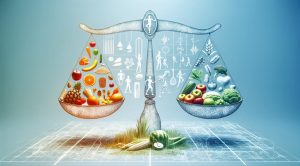
Energy Balance Habits For Sustainable Performance
Energy Balance Habits For Sustainable Performance

Holistic Body Care Beyond Exercise And Diet
Holistic Body Care Beyond Exercise And Diet

Physical Ease Practices For Pain Free Movement
Physical Ease Practices For Pain Free Movement

Why Athletes Load Manage: Protecting the Body for the Long Game
Why Athletes Load Manage: Protecting the Body for the Long Game

Wellness Rhythm For Balanced Daily Living
Wellness Rhythm For Balanced Daily Living

Building Body Resilience Through Consistent Habits
Building Body Resilience Through Consistent Habits

Movement For Wellness Without Overtraining
Movement For Wellness Without Overtraining

Calm Body Practices For Stress Sensitive Nervous Systems
Calm Body Practices For Stress Sensitive Nervous Systems

Rest And Renewal Practices For Mental And Physical Health
Rest And Renewal Practices For Mental And Physical Health
